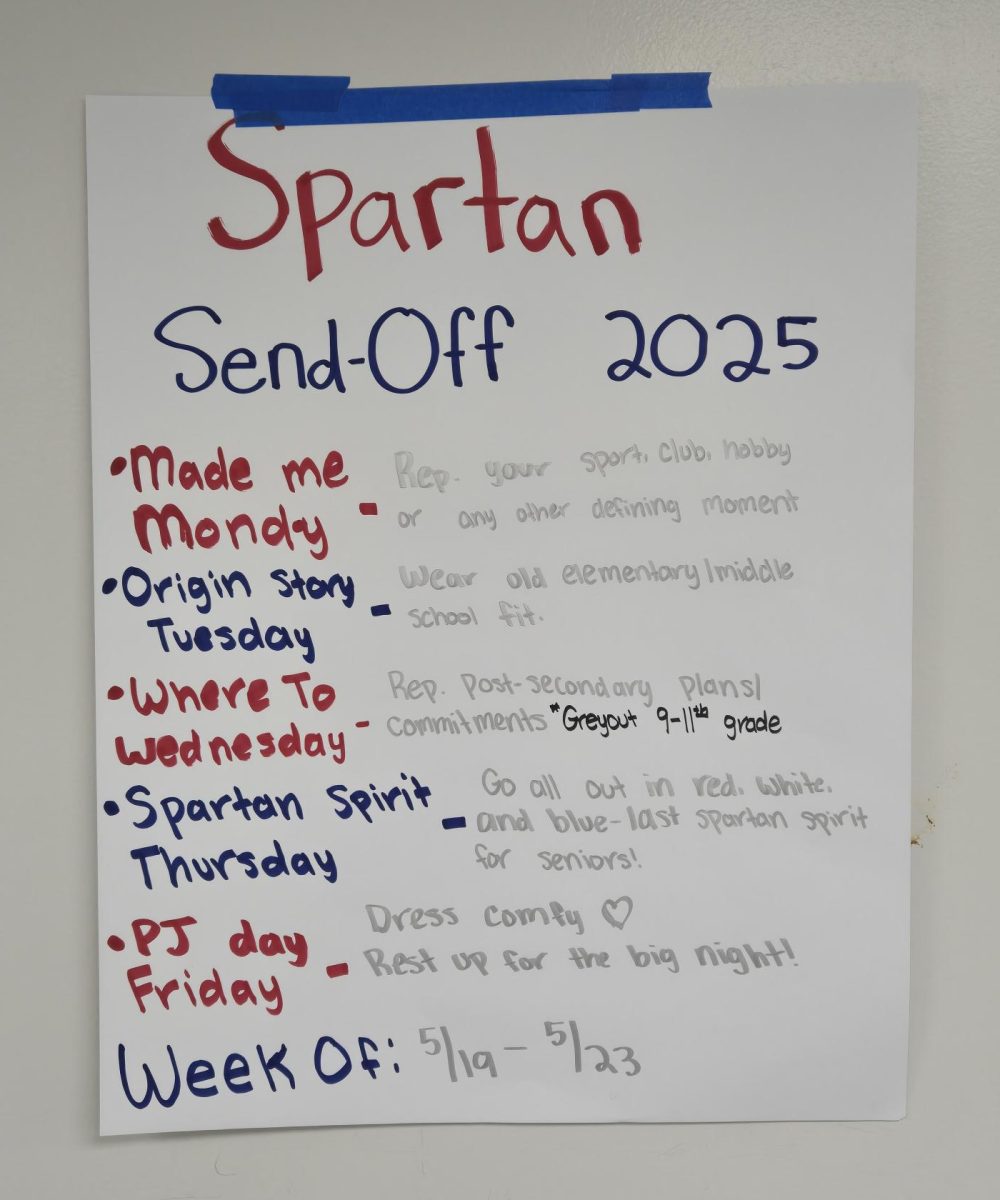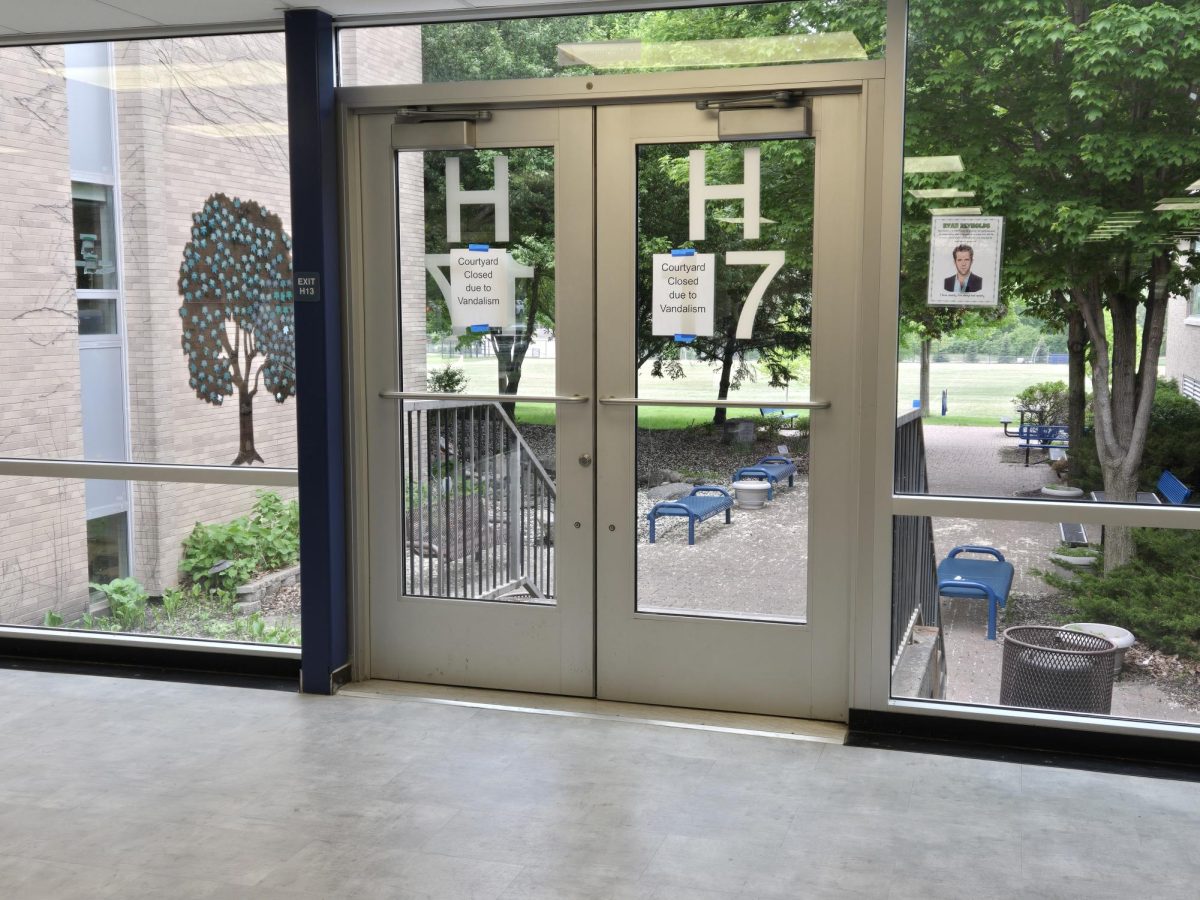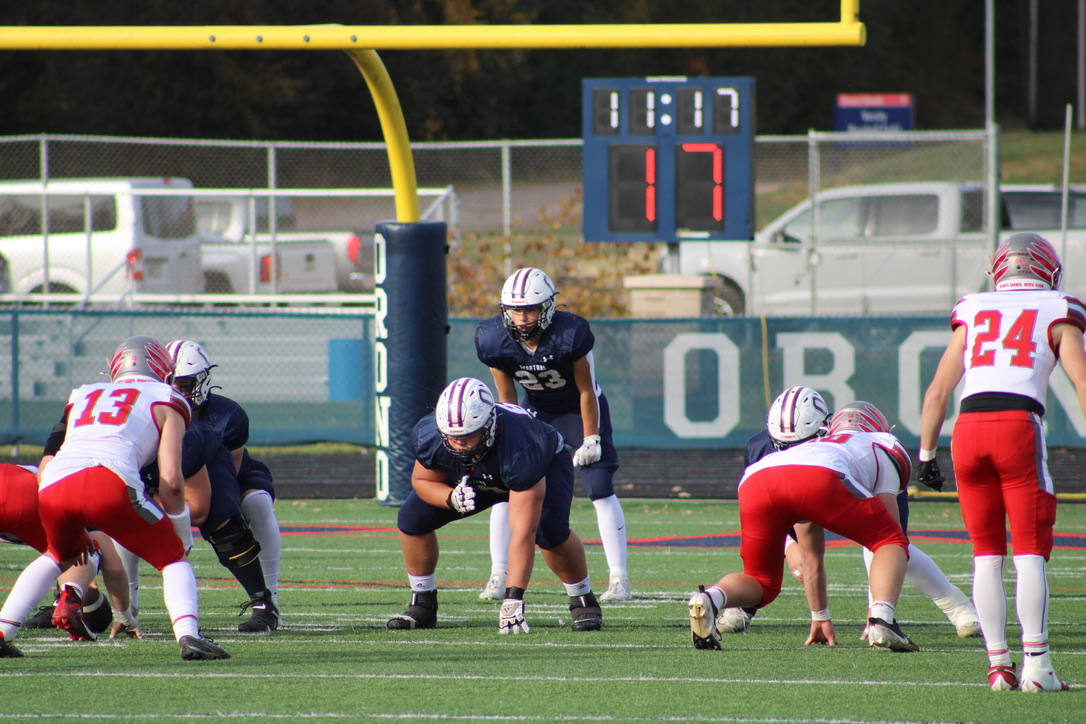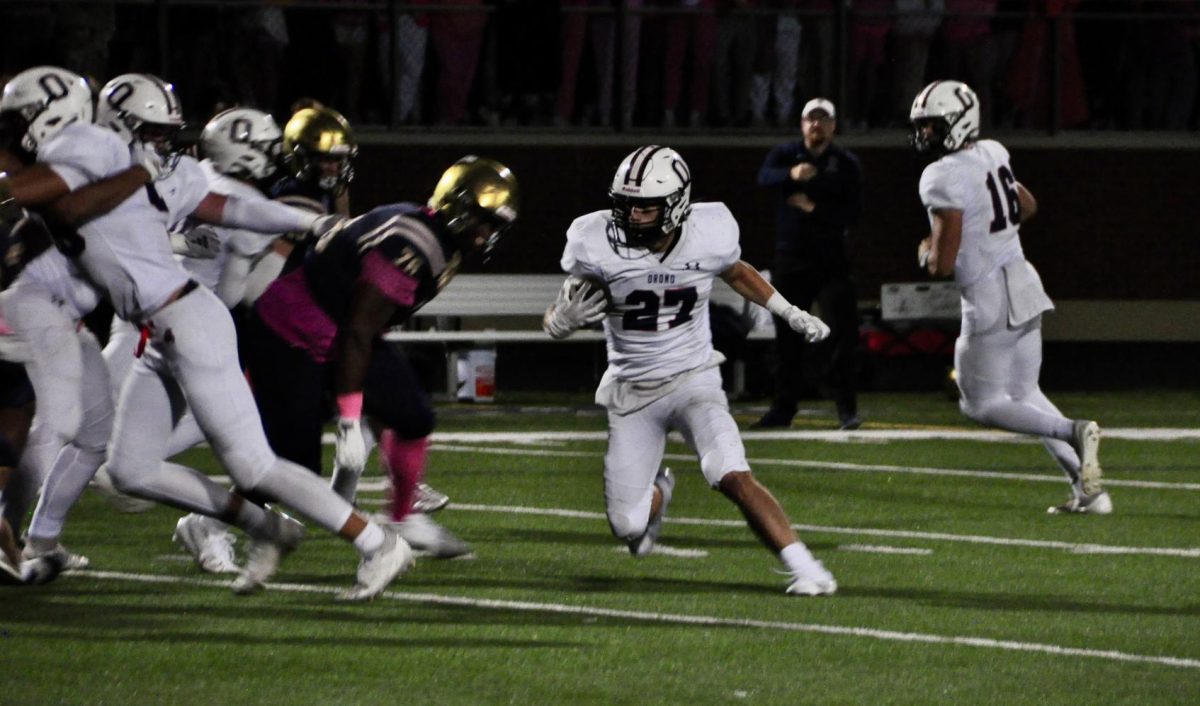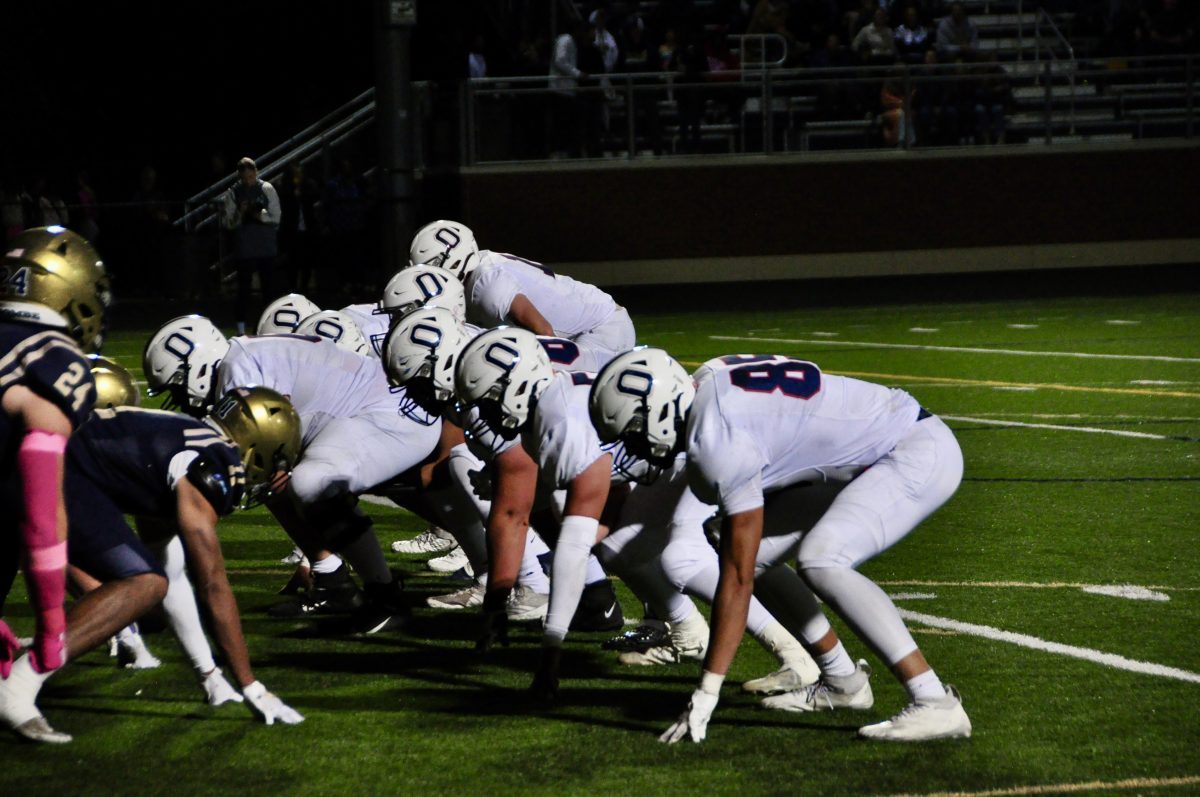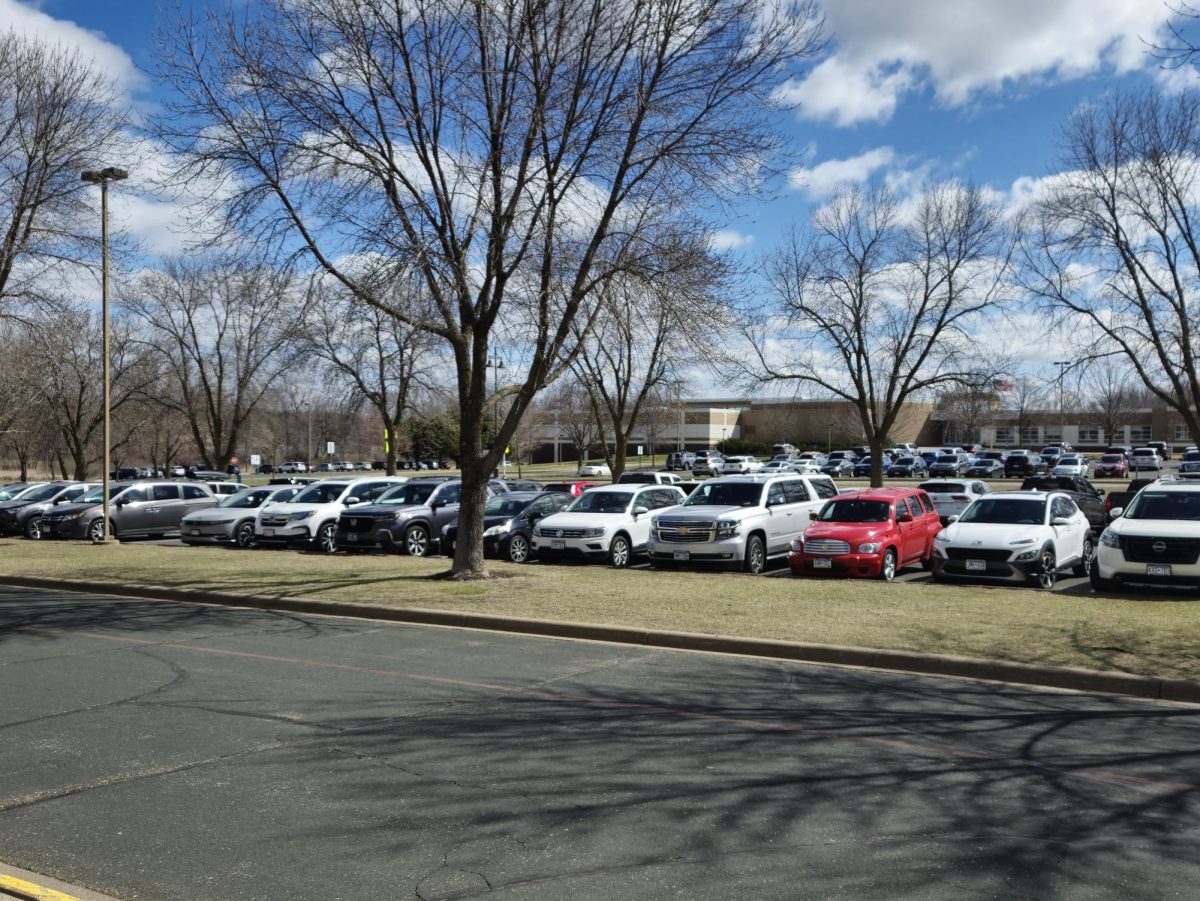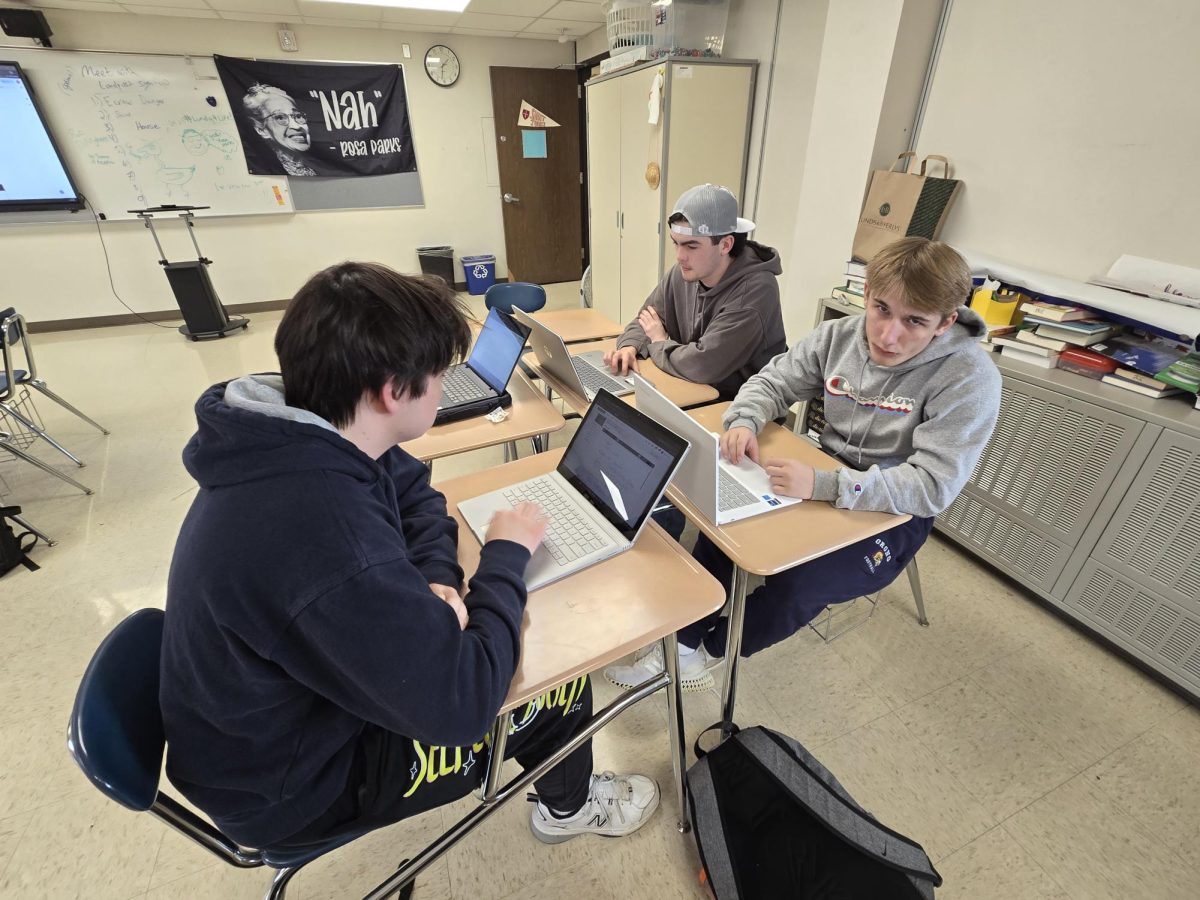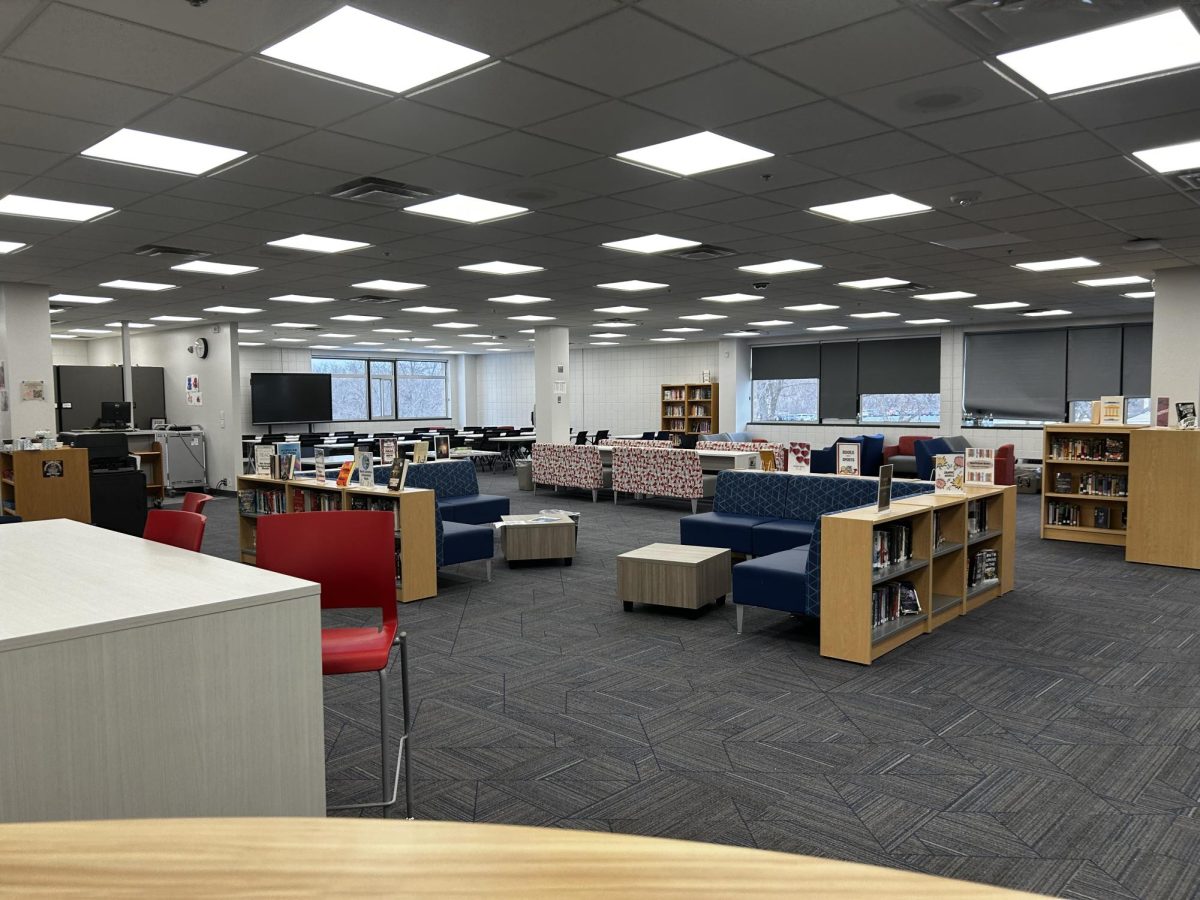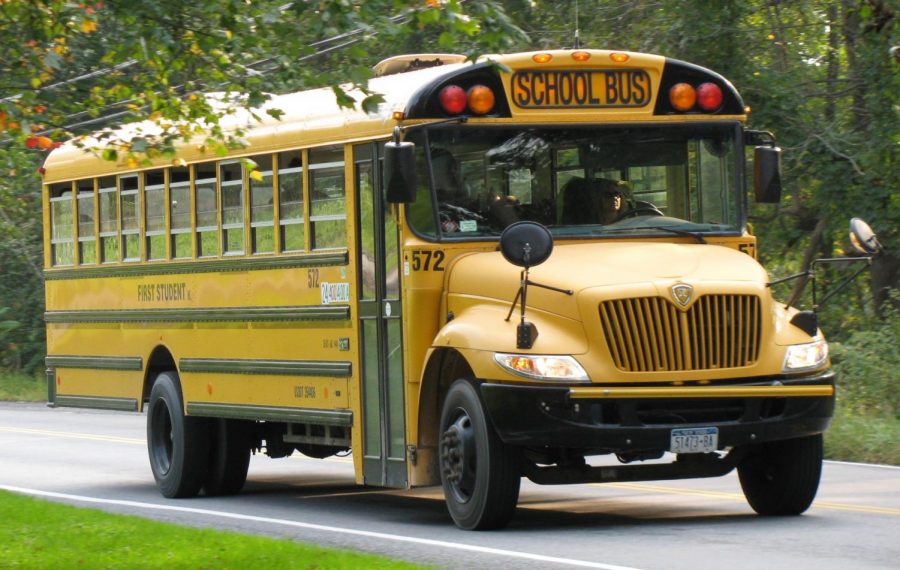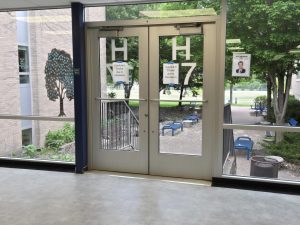Later school start times may have a positive impact on education
Photo/ Wikimedia
Various schools in Minnesota are changing their start times, and Orono students are discussing the possible benefits of a change.
January 21, 2020
Nick Overturf
Staff Reporter
Within the last decade, various school districts around the nation have altered their schedule in many ways. One of these methods, later school start times, has gained an immense amount of traction.
It may be difficult for teens to naturally fall asleep before 11 p.m. or later, according to the National Sleep Foundation. With traditional early start times, teens may have to wake up as early as 6 a.m. in order to get ready for a day of learning. With the biological changes occurring in teens’ bodies, eight hours of sleep is more than necessary for maintaining physical and mental health.
“Asking a student to go to bed at nine, ten, or even eleven at night and get up at six or seven to be able to go to school goes against their biology,” psychology teacher Sara Ibs said. “Their melatonin hasn’t kicked in your system yet, which helps you to fall asleep at night.”
Eight hours of sleep should not only be recommended, but it should be treated as a necessity for a healthy life, according to the Minnesota Sleep Society. They also state that the ideal start time for schools is 8:30 a.m., as studies conducted involving earlier start times show few benefits.
“My first period class is always the most lethargic, unengaged class of the day by far, and it doesn’t matter who’s in the class,” biology teacher Jeremy Buch said. “I really notice it when semesters switch and I have students later in the day. Second semester I’m like, ‘you’re a completely different kid than later in the day than you were in the morning compared to the zombie you were when I had you in first hour.’”
While some believe that students are sleep deprived due to uncontrolled circumstances, others disagree. When high school math teacher Michelle Swenson asks her students, “Why are you so tired?” They respond with, “‘well, I was up ‘till three playing Call of Duty because it just came out,’” or ‘“I decided to start my homework at 11:30 because I was watching Monday Night Football,”’ were some of the examples she gave.
While there are disagreements regarding why students are sleep deprived, later start times may improve the safety of various school districts. A study published by the Journal of Clinical Sleep Medicine in 2008 concluded that motor vehicle crashes may decrease with later school start times. They based this conclusion off of a Kentucky school district that had 16.5% less car accidents for the first two years of later start times, compared to the previous year with earlier start times.
Points of View Reference Center states that opponents to later school start times argue that pushing back school start times also pushes back extracurriculars such as sports. This could be problematic, especially for sports that require sunlight.
Senior Lucas Cates is one of the many proponents to later school start times. “Not all students are a part of athletics programs, so it’s unfair to the students that aren’t involved to have to wake up early because of them… If (schools) are worried about sunlight, then they should either schedule their practices early in the morning or install lights.”


